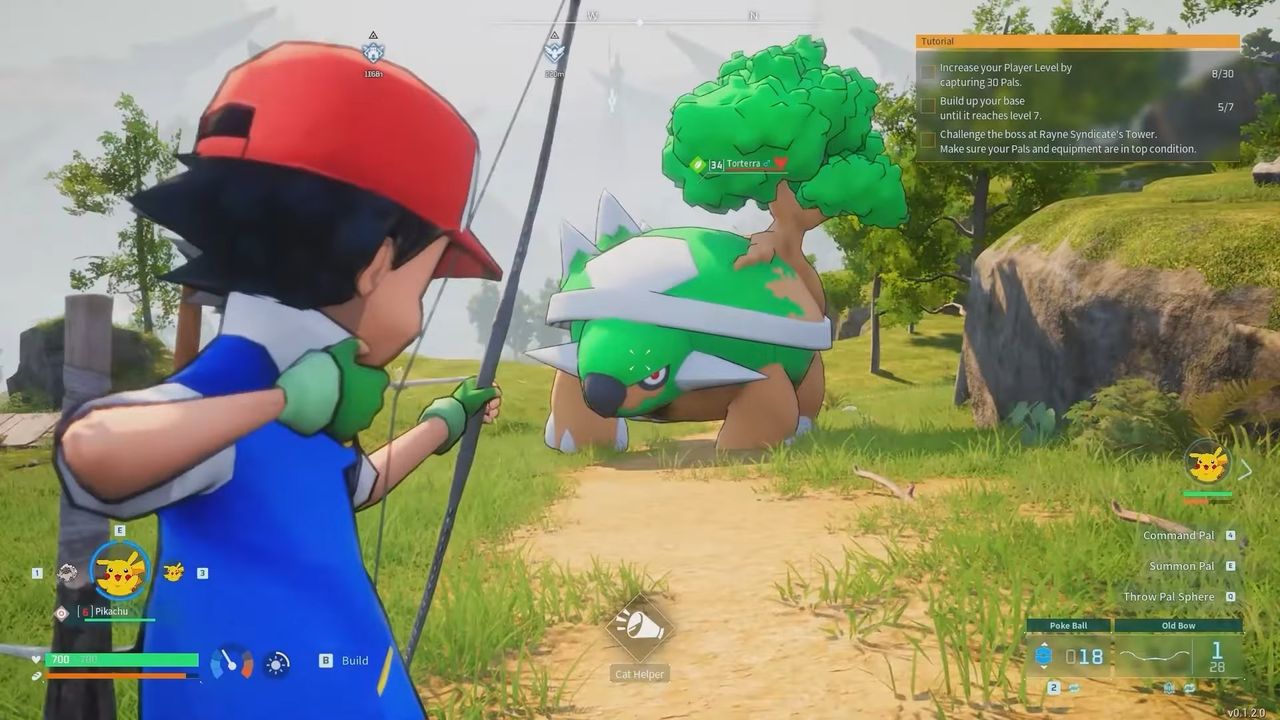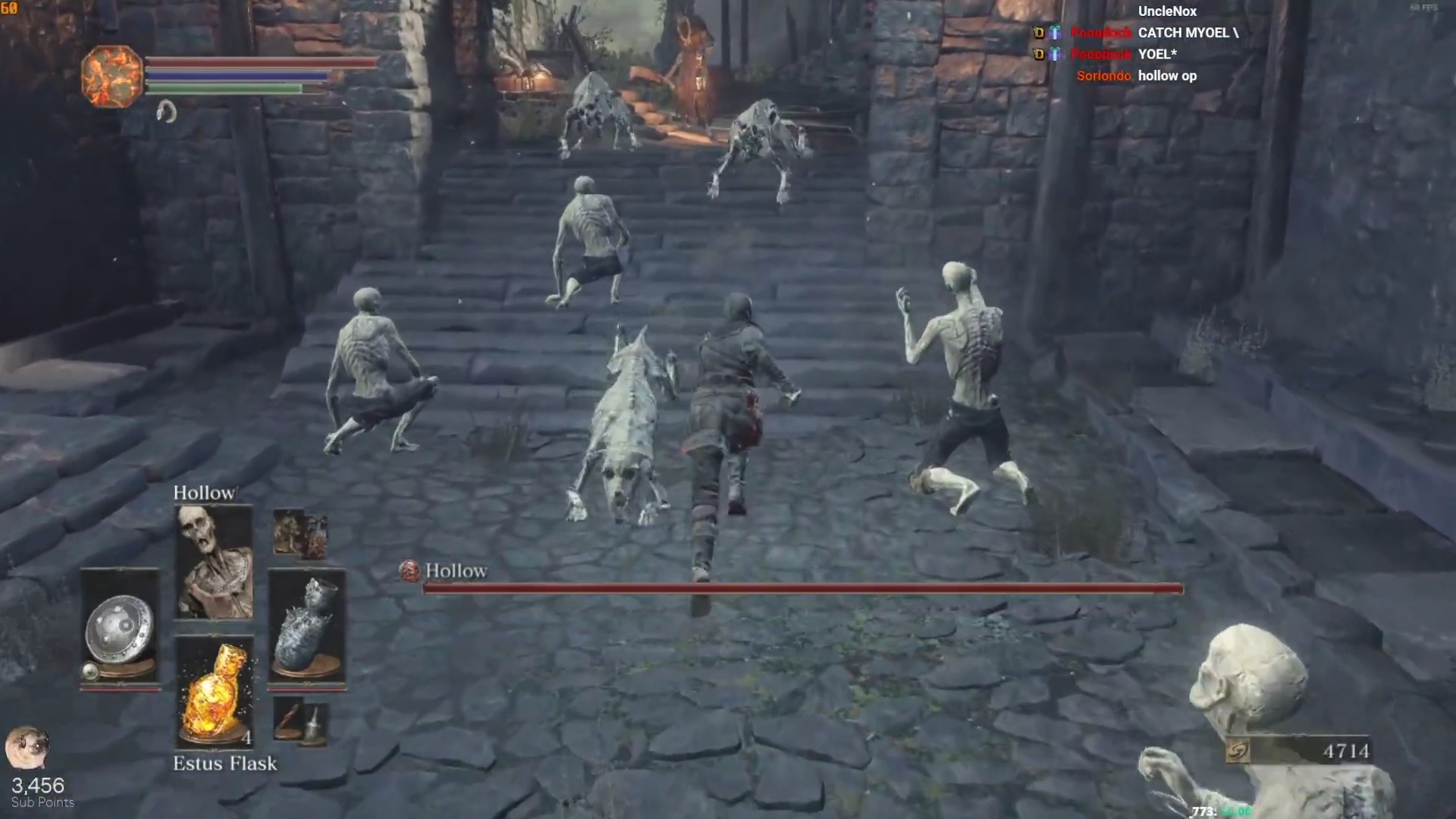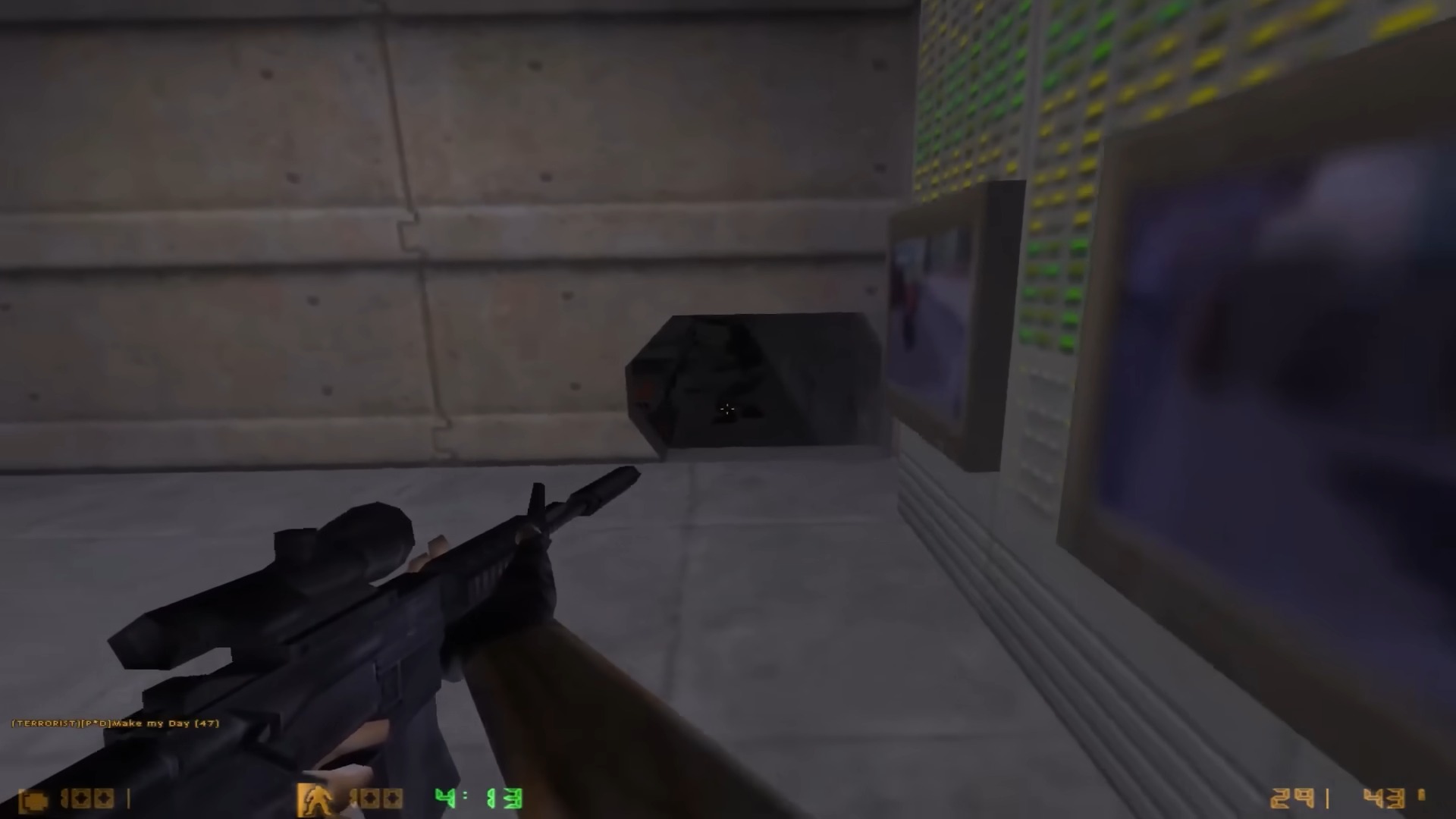
The legal dispute between Nintendo and Palworld creator Pocketpair has shifted in Japan. Recent court documents, as reported by Gamesfray, show Nintendo has altered one of the patents involved in the case. Nintendo is now asking the court to disregard player-created modifications (mods) as evidence of existing technology, a strategy some experts describe as aggressive and potentially harmful.
Florian Müller, who follows gaming lawsuits closely through Gamesfray, believes Nintendo’s position is disrespectful. He argues that modders are responsible for many small but important improvements in games and deserve recognition. If Nintendo succeeds in its current approach, it could create a dangerous situation where companies patent gameplay ideas first created by modders, potentially harming those creators.
Why mods are relevant to the Nintendo vs Pocketpair case

Pocketpair, the developers facing a lawsuit from Nintendo, have presented evidence showing similar ideas existed *before* Nintendo filed its patents in 2021. This ‘prior art’ is crucial in patent law – if something already exists, it can weaken or cancel out a patent.
For example, Pocketpair highlighted ‘Pocket Souls,’ a Pokémon-inspired modification for the game Dark Souls 3. They argue this mod proves Nintendo’s patented gameplay mechanics weren’t truly new when the patents were filed.
Nintendo counters that modifications like ‘Pocket Souls’ shouldn’t be considered prior art because they require an existing game to function and therefore shouldn’t invalidate their patents.
Why experts are alarmed

Mueller strongly disagrees with this idea, calling it an overreach and unnecessary. Generally, patent law views “prior art” quite broadly. Courts usually ask if creators would look to modifications (or “mods”) for ideas, and the answer is often yes.
If Nintendo succeeds with this argument, it could allow companies to patent gameplay mechanics that originally came from mods, leaving modders vulnerable and without legal recourse. A prime example is Counter-Strike, which began as a mod for Half-Life in 1999 before becoming a hugely popular standalone game. According to Nintendo’s stance, this wouldn’t be considered true innovation, and they could potentially patent it themselves later on.
If Nintendo succeeds in this case, it could set a precedent where companies can patent gameplay features originally created by modders, potentially leaving those modders vulnerable and without legal recourse.
Mueller argues this approach disrespects the valuable contributions modders make to gaming. Modders often create popular content – like the mod that began as a Half-Life addition in 1999 and eventually required its creators to obtain patents – but are usually hobbyists without the resources to protect their work. This could leave them vulnerable to exploitation by larger companies. In the U.S., a company could essentially steal a mod and patent it themselves within a year of its release, leaving the original creator with no legal options.
What else is happening in the case so far
“Rip offs for me but not for thee.” https://t.co/CRLsdpufneSeptember 12, 2025
The legal battle over Palworld is stalled due to several ongoing issues, including a dispute over modifications (mods). Nintendo recently altered the language in a related patent, effectively changing the rules for Pocketpair, and is seeking a court order to stop them. Pocketpair maintains they’ve already addressed any potential patent issues.
Nintendo wants the court to broadly interpret its patents, while Pocketpair emphasizes the differences between Palworld and the traditional turn-based combat in Pokémon.
Due to Nintendo’s recent changes to the patent, the case won’t likely progress further this year. The court might share an initial opinion in 2026, but for now, the proceedings are at a complete halt.
The potential implications of Nintendo’s recent actions are worrying. They’ve been attracting criticism, especially after only just obtaining a U.S. patent for a basic game feature – automatically summoning a character to attack. Ironically, their recent Nintendo Direct showcased Pokémon Pokopia, a game that clearly copies base-building elements from popular titles like Palworld and Minecraft. It seems Nintendo is quick to protect its own ideas, but less concerned when borrowing from others.
Read More
- How to Get the Bloodfeather Set in Enshrouded
- Every Targaryen Death in Game of Thrones, House of the Dragon & AKOTSK, Ranked
- Gold Rate Forecast
- The Pitt Season 2, Episode 7 Recap: Abbot’s Return To PTMC Shakes Things Up
- 4 TV Shows To Watch While You Wait for Wednesday Season 3
- 10 Movies That Were Secretly Sequels
- Best Werewolf Movies (October 2025)
- Best Controller Settings for ARC Raiders
- One of the Best EA Games Ever Is Now Less Than $2 for a Limited Time
- Goat 2 Release Date Estimate, News & Updates
2025-09-16 22:40